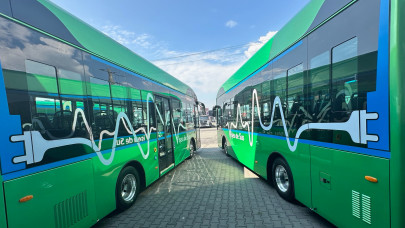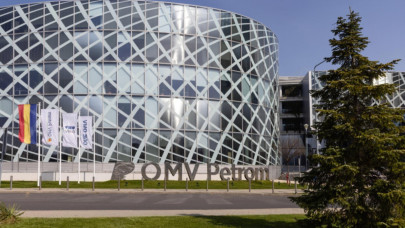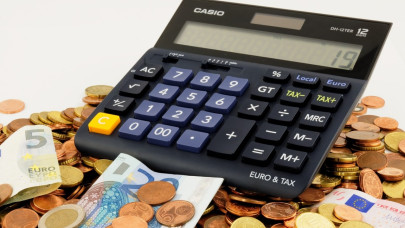The CEE countries that are most vulnerable to transition risks are considered to be those with the greatest green investment needs, reflecting a weaker starting position due to exposure to fossil fuels, those with more limited fiscal space and whose capacity to implement the transition plans seems to be the weakest.
Ratings give more weight to short-term developments than uncertain long-term forecasts. Taking this into account, the impact of the rating in CEE appears to be manageable, especially if transition plans are carefully designed and use effective policy instruments such as carbon taxes and prices, while the costs are staggered over time and sources of investment are identified.
To assess the decarbonization risks of CEE countries, Fitch Ratings analyzed their reliance on coal and clean energy in power generation, GDP energy intensity, and efficiency, the trend towards reducing greenhouse gas emissions, projections for achieving zero emissions targets by 2050 and identified investment needs for the transition to green energy.
The international agency notes that the cost impact of the decarbonization transition on sovereign ratings in the region appears to be manageable, “especially if the transition plans are well designed and use effective policy instruments (such as carbon taxes and prices), if the costs are distributed over time and if sources of investment can be identified".
In March, Fitch maintained Romania's sovereign rating at BBB-, the last tier recommended for investment, but upgraded the country's outlook from negative to stable, citing stronger fiscal indicators, risk reduction, and greater political stability.














